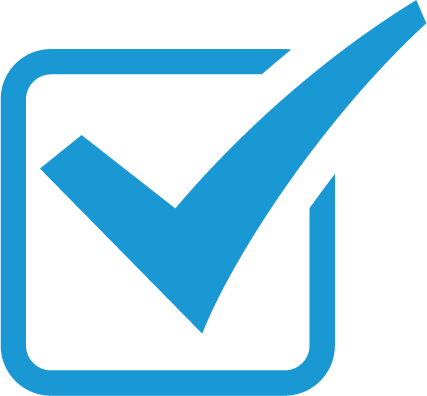Tips - First time Buyers

Buying your first home is exciting, but it can be an intimidating process, especially if it’s your first home. Considering that the purchase of a home is the biggest investment most people will ever make in their lives, the idea of buying a house can be daunting. However, if you are a first-time homebuyer, alleviate any fears by simply familiarizing yourself with how the homebuying process works. Also, for many first-time home buyers, the financing process can seem intimidating – But it doesn’t have to be!
When Are You Considered a First Time Buyer?
First-time homebuyers in California are defined as buyers who have never owned property before. However, it’s worth mentioning that you can still qualify for certain home mortgage programs created to help first-time homebuyers even if you were a homeowner at one point.
For example: although FHA (Federal Housing Administration) loans are meant for first-time homebuyers, you can qualify as long as you haven’t owned a property for at least three years leading up to the purchase of your new home.
Weigh the pros and cons of buying a home
Owning a home can be a rewarding experience, but it's important to prepare for this major milestone. Carefully weigh the pros and cons of purchasing a home versus continuing to rent and determine whether buying a home is the right decision for you and your family.
Look at the big picture
While buying a house can be rewarding, it can be labor intensive and expensive. Leaky roofs, plumbing issues and other home repairs can add up. Consider the cost of general maintenance and unexpected expenses when determining if you're ready for home-ownership.
First Time Buyer Tips
Common First-Time Buyer Mistakes
- Do not talk to a mortgage broker or lender to explore their loan options and getting pre-qualified prior to starting the home search process.
- Do not find the right real estate professional who is willing to help them throughout the home-buying process.
- Do not act quickly enough to decide and lose out on a house.
- Do not do enough to make their offer look as presentable as possible to a seller.
- Do not think about resale prior to buying a home. The average first-time buyer only stays in a home for four to 5 years.
Other Important Tips
Working with an Agent
It is OK to not know everything when you are buying your first home
Many people want to do all the research possible prior to taking the step into home ownership. However, it’s perfectly ok to have the desire and the finances to purchase a home, but not know anything else. Buyer’s agents exist for a reason! Hire a qualified Real Estate agent who can guide you through the process and answer the many questions that will come up. Look for an Agent who not only knows the market, but one who understands your needs and communicates well with you.





